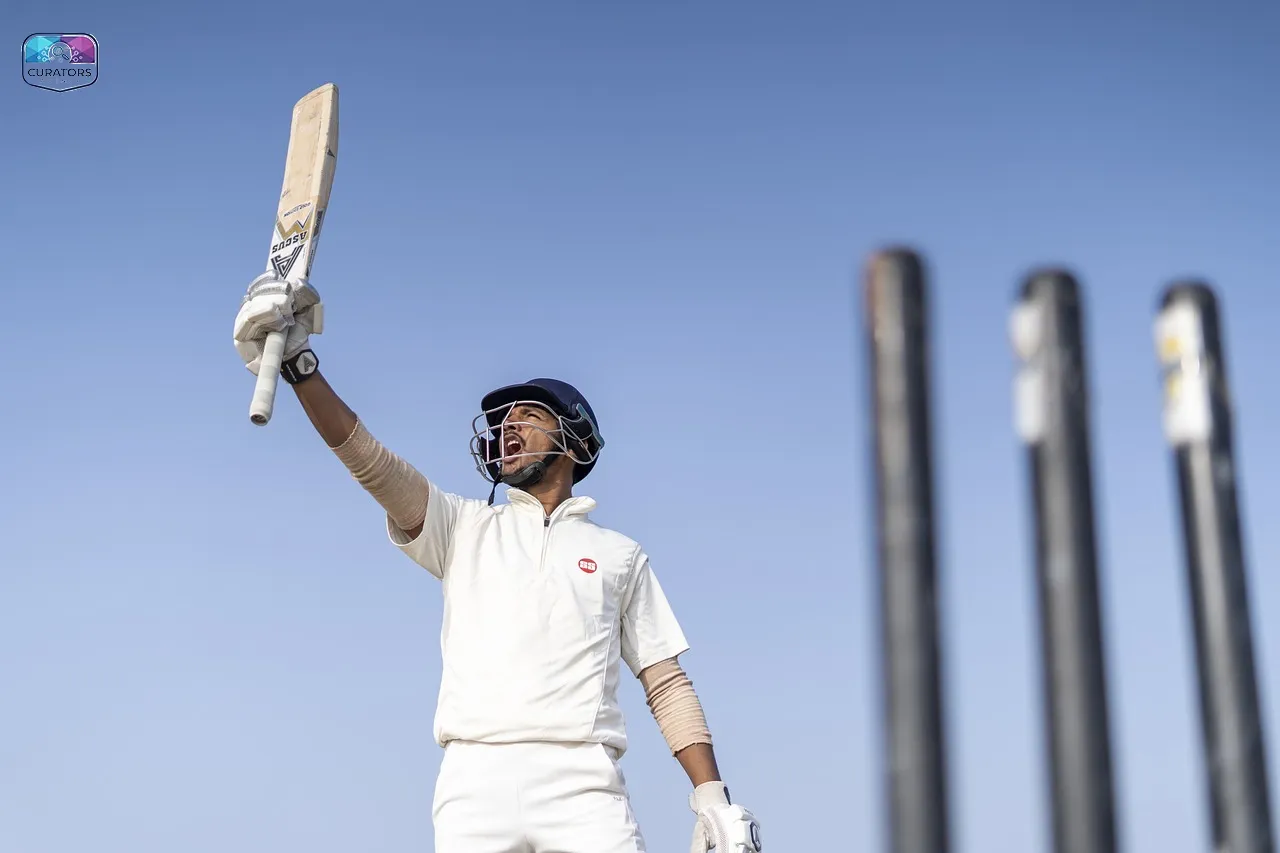South Africa’s Sports Minister, Zizi Kodwa, has joined the growing chorus of voices urging for a boycott of the upcoming cricket fixture against Afghanistan in the 2025 ICC Champions Trophy. This call for action is rooted in Afghanistan’s ongoing restrictions on women’s participation in sports, which has sparked global criticism. Kodwa is appealing to Cricket South Africa (CSA) to take a stand against these policies by refusing to play the scheduled match. The minister’s stance is part of a broader international movement to highlight and challenge gender inequities in sports.
The future of the Champions Trophy match between South Africa and Afghanistan now hangs in the balance as CSA faces pressure from both domestic and international fronts. This development comes amid increasing scrutiny of Afghanistan’s sporting policies, which many argue violate rights. By potentially boycotting the match, South Africa could set a precedent for other nations to follow suit, amplifying the call for change in Afghanistan.
Timing and Context of the Controversy
The call for a boycott comes at a crucial time: The ICC Champions Trophy is slated to begin in June 2025. The tournament will be held in India and draw teams from around the globe. South Africa’s fixture against Afghanistan is scheduled for the opening week, and deciding to participate or abstain is urgent.
This is not the first time Afghanistan’s sports policies have come under fire. Since the Taliban’s return to power in 2021, the country has faced mounting international pressure to allow women to engage in sports freely. Afghanistan’s cricket board has maintained its stance despite these calls, citing cultural and religious reasons for its restrictions. The South African sports minister’s recent appeal adds to the mounting pressure on Afghanistan to reassess its policies.
The Broader Implications of a Boycott
A potential boycott by South Africa could have significant implications for international cricket. It would be a rare instance of a national team taking a political stand in the sport, setting a precedent for how sports bodies might respond to human rights issues. The decision could inspire other nations to follow suit, leading to further isolation of Afghanistan on the global sporting stage.
Experts argue that such a move could be a powerful tool for change. Dr. Jonathan Smith, a sports sociologist at the University of Cape Town, notes, “Sport has always been a platform for social change. A boycott could force Afghanistan to reconsider its policies, especially if other nations join in solidarity.” However, there are concerns about the potential ramifications for the players and fans who may be caught in the crossfire of political actions.
Cricket South Africa’s Dilemma
Cricket South Africa now finds itself at a crossroads. The organization must weigh the potential impact of a boycott on its international standing and relationships. As a member of the International Cricket Council (ICC), CSA is bound by certain obligations, including participation in scheduled matches. However, the moral imperative to stand against gender discrimination presents a compelling argument for action.
CSA has not made an official statement, but insiders suggest ongoing discussions. The board faces pressure from local advocacy groups and international bodies to take a firm stand. “We are engaging with various stakeholders to understand the full implications of any decision we make,” a CSA spokesperson said. The outcome of these deliberations could shape the future of South Africa’s international cricket engagements.
Global Reactions and Potential Outcomes
The international community has been closely monitoring developments in South Africa. Human rights organizations and women’s advocacy groups have supported the sports minister’s stance and urged other countries to consider similar actions. The United Nations has also highlighted the issue, calling on Afghanistan to ensure equal opportunities for women in all areas, including sports.
If South Africa proceeds with the boycott, it could have a ripple effect, prompting other nations to reconsider participating in matches against Afghanistan. This scenario could pressure the ICC to take a more active role in addressing the issue, potentially leading to broader sanctions or interventions. However, some fear that a boycott could further isolate Afghanistan, potentially exacerbating the situation for women in the country.
Looking Ahead: The Path Forward
As the situation unfolds, the world will watch how South Africa navigates this complex issue. The decision will impact the Champions Trophy and could redefine sports’ role in advocating for human rights. Whether through a boycott or other means, the message is clear: the international community expects Afghanistan to uphold the principles of equality and inclusivity.
For now, South Africa stands at the forefront of this critical conversation, with the potential to lead a significant shift in the global sports landscape. As discussions continue, the hope is that this moment will catalyze positive change, both on and off the field.
